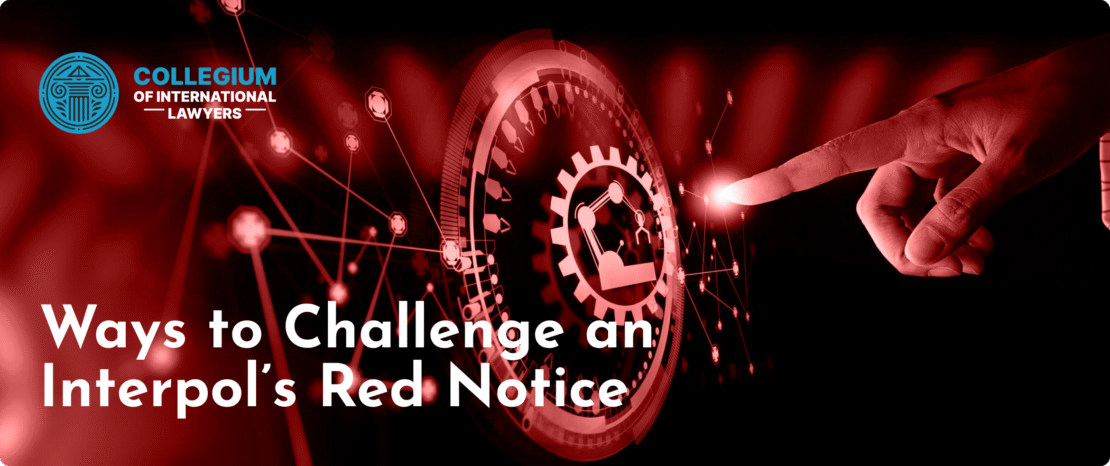
Unraveling the Web of Misinformation Around Interpol Arrests
The digital age has made information dissemination incredibly easy, but it has also made it challenging to discern fact from fiction. One startling instance of this phenomenon involves Interpol arrest misinformation Sheikh Hasina false report and the claims surrounding Interpol arrests that often circulate through social media and dubious news outlets. This article aims to cut through the noise and shed light on the pressing issue of misinformation, particularly regarding arrests reported by Interpol.
The Role of Interpol
Interpol, the International Criminal Police Organization, plays a vital role in global law enforcement by facilitating cooperation among police forces from different countries. With its headquarters in Lyon, France, Interpol connects national law enforcement agencies, providing a platform for sharing information on criminals and criminal activities. However, the sensitive nature of its operations combined with the global reach of the internet creates fertile ground for misinformation regarding its activities, particularly surrounding arrests.
The Mechanisms of Misinformation

Misinformation related to Interpol arrests often spreads through a combination of sensationalism, misinterpretation of facts, and lack of verified sources. Misleading headlines can misrepresent the nature of the arrests or the individuals involved, leading to public misconceptions. For instance, many online articles may not differentiate between a formal arrest warrant issued by Interpol and a mere allegation against a suspect, causing confusion among readers.
Certain Cases of Misleading Information
One prominent example involved the misleading narrative about various high-profile political figures allegedly being arrested by Interpol. These stories tend to go viral rapidly, amplified by social media sharing. As seen in the case of Sheikh Hasina, the Prime Minister of Bangladesh, false reports claimed that she had been taken into custody by Interpol—a narrative that quickly spread despite no factual basis. Such instances highlight how misinformation can not only damage reputations but also influence political landscapes.
The Impact of Social Media
Today, platforms like Twitter, Facebook, and Instagram serve as primary sources of news for millions. The speed at which information is shared, coupled with algorithms that prioritize engagement over accuracy, can result in the rapid spread of misleading information. Many users tend to consume content without verification, believing anything shared by their networks or touted as “breaking news.” This phenomenon creates echo chambers that reinforce false narratives, making it crucial for consumers to approach information critically.
Combating Misinformation
Efforts to combat misinformation related to Interpol arrests and other topics involve several strategies. Fact-checking websites play an essential role in clarifying false reports and providing accurate information. By verifying claims and presenting evidence-based conclusions, these platforms attempt to counteract the spread of misinformation. Additionally, media literacy programs are increasingly important in educating individuals about how to evaluate sources and discern credible news from sensationalized stories.

The Responsibility of Media Outlets
Media organizations also have a responsibility to adhere to journalistic standards, providing accurate, well-sourced, and balanced reporting. When covering Interpol-related stories, it is imperative that journalists distinguish between facts and speculation, making clear the difference between confirmed arrests and rumors. Ethical journalism can help mitigate the spread of misinformation, fostering a more informed public.
The Importance of Verification
For individuals, verifying information before sharing is a critical practice that can significantly reduce the impact of misinformation. Whenever an arrest or significant news involving Interpol emerges, it’s essential to check multiple reliable sources before forming an opinion or disseminating the information. Simple steps like looking for official confirmations or consulting established news agencies can help ensure that one is not perpetuating false narratives.
Conclusion
Misinformation surrounding Interpol arrests exemplifies a broader issue of digital falsehoods. As our information landscape continues to evolve, cultivating a culture of critical thinking and responsible sharing among users is essential. With increased awareness and active engagement in fact-checking practices, we stand a better chance of combating misinformation and preserving the integrity of informed public discourse.
In the face of rapid digital dissemination, understanding the mechanisms behind misinformation, especially regarding serious allegations like those involving Interpol, is more important than ever. Only through vigilance and a commitment to accuracy can we navigate the complexities of our information-laden world.